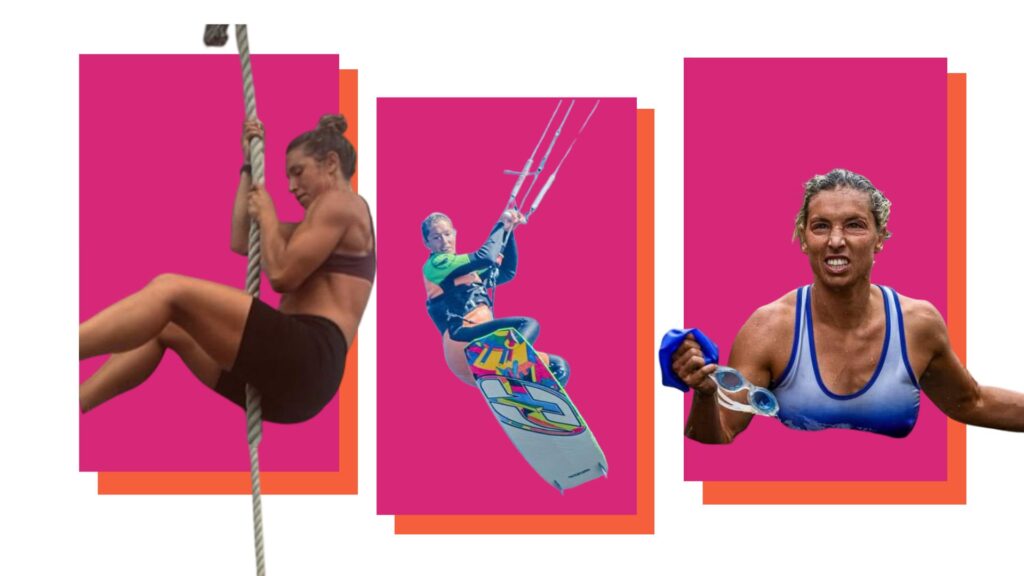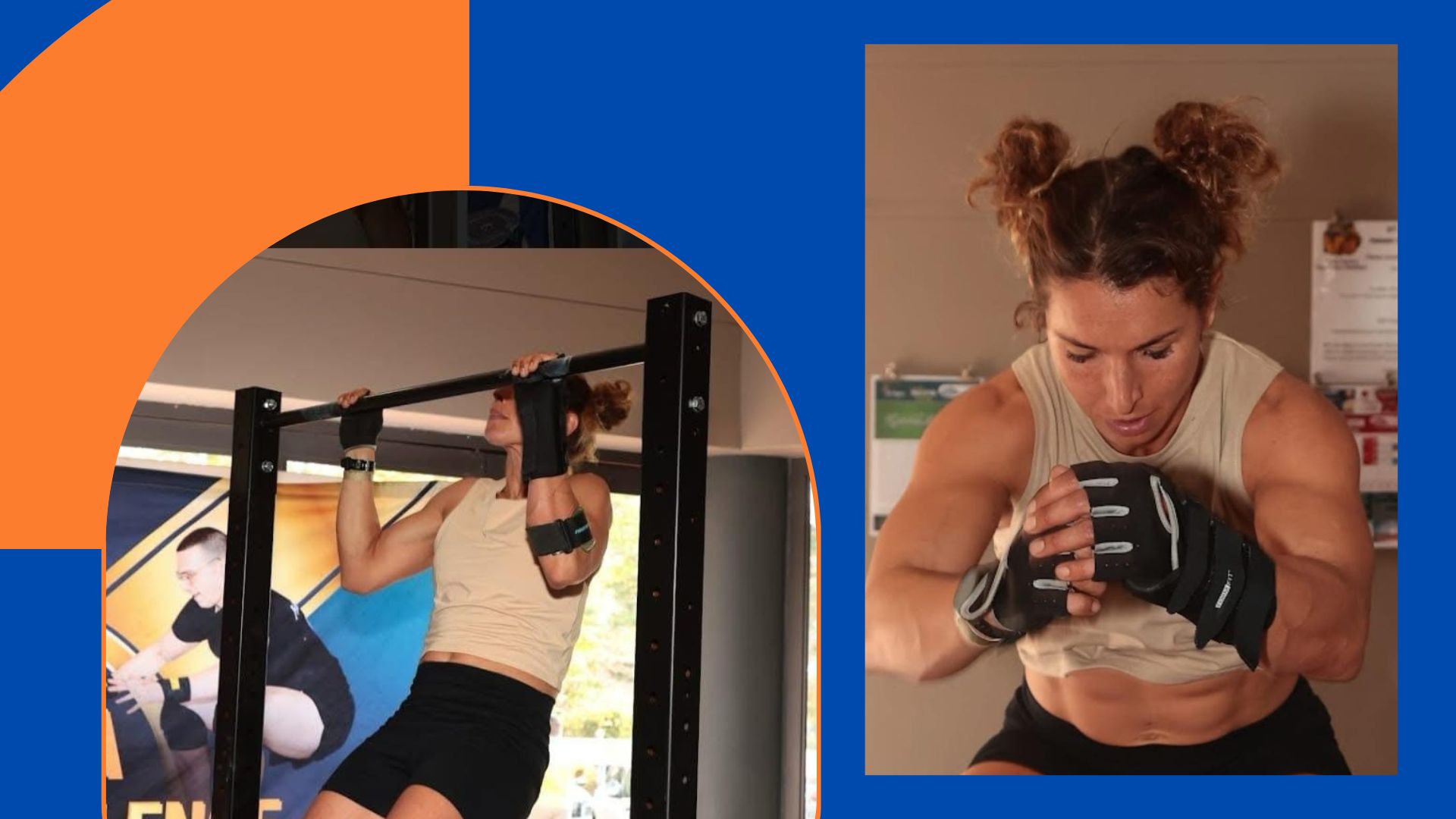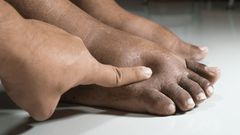If you’ve ever found yourself in the early morning, anxiously stepping onto a bathroom scale and hoping that the number will put you in a better mood for the week, you’re not alone. Many Nigerians, Ghanaians, and folks across West Africa know this feeling well. But is it really necessary to let the bathroom scale dictate our happiness and self-worth? One woman’s story shows there’s a better path to fitness and body confidence, one that doesn’t involve obsessively tracking your weight.
For a certified personal trainer (Instagram: Fitness Dynamics SB), a deep-seated love for exercise—especially strength training—was the spark that made health and wellness a true lifestyle, rather than a chore. What began as a simple quest to feel better gradually changed her body and life. Her journey offers practical insights that can inspire African women and men seeking lasting transformation, especially in our hot, dynamic, and often busy environment.
The Stats
- Occupation: Personal Trainer and Musician
- Age: 35
- Weight before: 75kg
- Weight after: 69kg
- Height: 1.75cm
- Key to success: Consistency above all. “I don’t watch the scale.”
The Early Days: Activity Without Boundaries
Growing up in Mozambique in an energetic (if not always healthy) family, she was surrounded by movement—football, basketball, swimming, track—there was always something going on. But as is common in many West African households, the love for food was strong and there were few restrictions on what the family ate. Disaster struck during her university years when she injured her ankle ligaments while studying the arts, forcing a three-month hiatus from activity. The result? A noticeable dip in fitness, a feeling many can relate to after illness or a life event takes us off track.
A Turning Point: From Setback to Comeback
By January 2014, she felt weak and unfit after her injury. Meeting her husband, who introduced her to the worlds of CrossFit and weight training—a leap from her previous routines—was transformative. “I remember hanging from a pull-up bar and realizing I was helpless. If it was a matter of life and death, I wouldn’t last 10 seconds. That was my wake-up call.” It was no longer only about looking good, but about future health, her future children, and truly sustainable wellness. As she says, “choose your hard.” The decision was made.
Weight swings had come and gone before, often motivated by how she looked or social standards, but this time, she wanted more than fluctuating numbers—she wanted enduring strength and health. Many Nigerians will recognize the cultural pressure to look a certain way, but true wellness means much more than a number on a scale.
“I understood then that this transformation wasn’t just about my appearance or how I felt in the moment. It was about my future”
How I Transformed My Body: Prioritizing Strength Over Looks
Building a Lifestyle, Not Chasing Quick Results
Her results came from the steady pursuit of clearly defined goals. She entered races, improved her eating patterns, and—most importantly—showed up consistently. “I started by learning about nutrition, focusing on foods I enjoyed that truly nourished me.” This lesson resonates, as Nigerian and Ghanaian diets are filled with flavourful options that can be made healthy with thoughtful adjustments.
A Nutrition Strategy That Fits African Tastes
Identifying as blood type O and naturally drawn to meat, she rejected one-size-fits-all fad diets. “I asked myself what sacrifices I was truly willing to make.” The big shift? Eliminating refined carbs and sugars, focusing instead on healthy oils, proteins, and enough food to feel truly satisfied. For many Africans, this can mean choosing grilled fish with vegetables over deep-fried snacks or traditional soups with less palm oil and more lean meat. She rarely cheats—the food choices she made are for life, not a season.
Her Philosophy on Strength Training
After sampling numerous routines, her current approach is straightforward and structured: training six days a week with sessions lasting about 50 minutes each. Mondays, Wednesdays, and Fridays are for CrossFit and weights; Tuesdays, Thursdays, and Saturdays focus on cardio (running, intervals, or squash). Other activities like volleyball, netball, and even surfing add variety where possible—a lesson for busy Nigerians: try mixing things up to avoid getting bored.
Sample Weekly Workout Plan for Body Transformation
- Monday: CrossFit & Weights
- Tuesday: Cardio (run/interval/squash)
- Wednesday: CrossFit & Weights
- Thursday: Cardio (run/interval/squash)
- Friday: CrossFit & Weights
- Saturday: Cardio (run/interval/squash)
The Power of Consistency in African Fitness Culture
Once her mind was made up, she treated healthy living as non-negotiable. “Some days were tough, but my choices became habits.” Not even pregnancy with twins deterred her from training—she simply modified her routines as needed. This level of commitment is mirrored by many African athletes and everyday people who continue to exercise despite busy lives and limited resources. The message is clear: consistency, not perfection, yields results.

Reaching Peak Strength: A Personal Triumph
Her efforts paid off. “I’m not the fastest or smallest, but I am at my fittest and strongest.” Achievements include 10 consecutive muscle-ups, cleaning and jerking 75kg, cycling 50km, and running a half marathon with ease. Her goal is readiness—be it for a triathlon or a spontaneous local race. In Nigeria and Ghana, where community fitness events and sports days are increasingly popular, her example highlights what’s possible through daily effort.
Achievements: Local Races to World Arenas
She has competed in triathlons, trail runs, multiple 21km races, the epic XTERRA South Africa off-road triathlon, and an Adventure Racing marathon. She stands second in South Africa in the Netball 10s Deadly Dozen, ranked top 10 globally for 2025, and qualified for the CrossFit Quarterfinals. In Nigeria, more local CrossFit competitions and adventure races are attracting growing interest, creating fresh opportunities for athletes ready to push boundaries.
“It all started with just one failed pull-up, which turned into one proper pull-up, then a few.”
Taking West African Inspiration to the World Stage
Last year, together with her husband, she entered the IFBB (International Fitness and Bodybuilding Federation) championship, representing a mixed pair from the Western Cape. Coming in not knowing what to expect, they soon found themselves advancing to the nationals and earning gold in team and individual events—culminating in a trip to the World Championships in Spain. Recalling the experience, she says, “I did 23 strict pull-ups in just two minutes!” She placed fourth individually; together, they were fifth in pairs, and their South African team took third in the group event.
Standing on a world podium was never in her original plans—her story is a powerful reminder that anyone, anywhere (including West Africa), can rise to global heights with dedication, regardless of where they start.
Three Key Principles for Transformation—West African Edition
1. Find What You Love and Stay Consistent
Choose a workout routine or fitness style that excites you and is practical for your context—whether that’s early morning jogs in Lagos, weightlifting at a local gym, or group Zumba in Accra. Consistency is vital, but don’t forget: you can never out-train a poor diet. As many Nigerian nutritionists say, “Wellness begins in the kitchen.”
2. Never Give Up, Even on Tough Days
As a twin mum who breastfed for over a year, she knows fatigue. Sometimes, you’ll feel you have only 10% energy—on other days, you’ll be at 90%. “That’s life,” she says. If you’re tired, walk instead of run, but do something. For busy West Africans, remember: ten minutes of movement is always better than none, even if it’s house chores or a brisk stroll after work.
3. Measure Progress with More Than Just a Scale
Muscle is denser than fat, so the scale can be misleading, especially for those starting strength training. Clothes and body feel never lie—watch your comfort, your energy, and your health markers. Prepare ahead by keeping healthy snacks available, which is essential in our climate of tempting roadside treats. When in doubt, reach for a protein-rich snack rather than a sugary one.
Quick Snacks for Busy Days
Dark Chocolate Power Bark
Pistachio Energy Balls
Flax Energy Bites
As more Nigerians and West Africans aim for healthier living, the message is clear: lasting fitness isn’t about chasing numbers on a scale, but about feeling stronger, healthier, and ready for whatever life brings. Have you ever ditched the scale, or do you prefer tracking weight? What’s your biggest wellness challenge in Nigeria or West Africa?
Share your story in the comments below and join the conversation. Want to get your own health journey featured, or have a story to sell? Reach out to us at story@nowahalazone.com—we’d love to hear from you!
For more updates, follow us on Facebook, X (Twitter), and Instagram.










